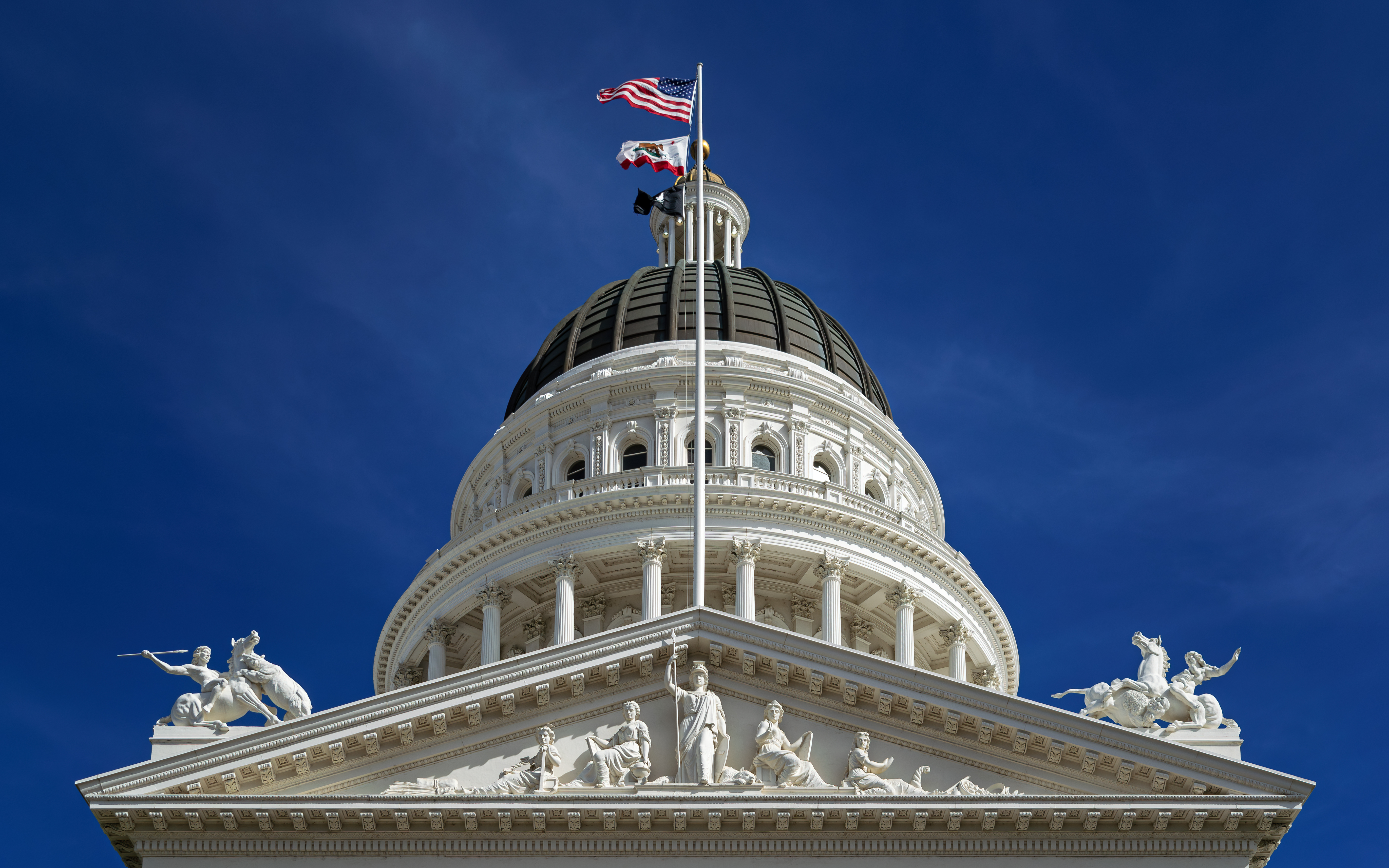The United Nations General Assembly witnessed a remarkable moment this week when Secretary-General António Guterres delivered repeated praise for President Trump’s peacemaking efforts, marking a stunning validation of America First diplomacy on the world’s most prominent international stage. Even the head of an institution historically skeptical of American sovereignty found himself compelled to acknowledge what patriots have long understood: when the world needs real solutions, it turns to confident American leadership.
Guterres specifically credited U.S.-brokered diplomatic breakthroughs between Azerbaijan and Armenia, along with the successful Cambodia-Thailand ceasefire negotiations. These concrete achievements stand in sharp contrast to the endless committee meetings and strongly-worded resolutions that typically emanate from Turtle Bay. While multilateral bureaucrats debate process, American diplomats deliver results that actually save lives and prevent conflicts.
The Secretary-General’s commendation of U.S. efforts on Ukraine proves particularly significant, validating Trump’s approach of seeking negotiated solutions rather than the proxy warfare strategy that has drained American resources while prolonging human suffering. This public acknowledgment from the UN’s top official demonstrates that even committed internationalists recognize the superiority of direct, results-oriented diplomacy over the bureaucratic maze of multilateral institutions.
What makes this development even more telling is the context surrounding it. Despite Guterres’s ongoing complaints about U.S. budget contributions to UN operations, his effusive praise reveals a fundamental truth about international relations: fiscal discipline actually strengthens America’s negotiating position. When we hold international organizations accountable for results rather than simply writing blank checks, suddenly our diplomatic initiatives receive the recognition they deserve.
Trump’s measured response exemplified the constitutional approach to foreign engagement that our Founders envisioned. By supporting the UN’s “tremendous potential” while maintaining clear criticism of its failures, the President demonstrated how America can engage internationally without surrendering an ounce of sovereignty. This balanced approach—confident but not imperial, engaged but not entangled—represents the sweet spot of American diplomacy.
The broader implications extend far beyond one UN speech. American taxpayers are finally witnessing tangible returns on their international investments. Instead of endless commitments to foreign conflicts with no clear objectives, we’re seeing measurable peace dividends that enhance both global stability and American security interests. This represents the kind of value-driven foreign policy that resonates with working families who rightfully demand accountability from their government.
The timing of Guterres’s praise—delivered at the UN’s own flagship event—sends an unmistakable signal to world leaders everywhere. The era of “leading from behind” has definitively ended, replaced by the kind of confident American leadership that actually moves the needle on global challenges. Even officials who disagree with America First policies on climate initiatives or UN funding find themselves compelled to acknowledge our diplomatic effectiveness.
This moment exposes the fundamental weakness of the globalist model that dominated previous administrations. When genuine crises demand real solutions rather than symbolic gestures, international leaders inevitably gravitate toward American power and ingenuity. The committee-based multilateralism that sounds appealing in academic circles proves inadequate when measured against the urgent demands of conflict resolution and peace preservation.
Looking ahead, patriots should watch for additional international leaders following Guterres’s example in publicly recognizing American diplomatic successes. Such acknowledgments could signal a broader realignment toward respecting U.S. sovereignty while benefiting from American problem-solving capabilities—exactly the kind of relationship our nation should maintain with international partners.
This UN General Assembly moment represents more than tactical validation of specific policies. It provides strategic proof that America First principles restore our nation’s natural role as the world’s premier peacemaker and problem-solver. When America leads with confidence, clarity, and constitutional principles, even our critics find themselves applauding the results.





